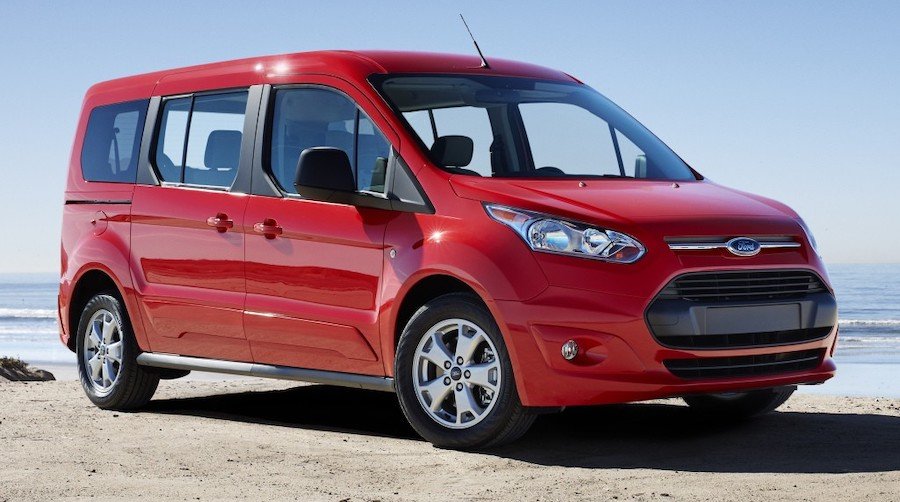Ford Recalls Transit Connect Over Detaching Panoramic Roof Panel

Turns out Ford somehow missed a few units produced for the 2017 and 2019 model years, with said vehicles coming from the Valencia Assembly Plant in Spain. Their production dates range between October 2, 2016 and June 13, 2019, and the fourth recall wouldn't have happened had it not been for a handful of reports alleging panoramic roof separation.
The five reports in question date back to August 2022 through March 2023. In the first instance, Ford Motor Company retrieved the separated panoramic roofs to determine the root cause of the separation. The Material Engineering team found contaminants on the glass surfaces, with said contaminants leading to primer separation from the roof panel.
All told, the Ford Motor Company is aware of 14 reports of panoramic roof separation of vehicles produced since October 2, 2016. Thankfully, there were no reports of accident or injury. As for the remedy, dealers are required to remove the panoramic glass roof, clean the glass and roof surfaces, and then reinstall the vista-style glass roof. Owners will be informed by this recall, which is known as 24V-294 in the NHTSA's vernacular, in the period starting May 20 and ending May 24.
Hungary-based BOS Automotive Products is the supplier of the panoramic glass roof with a motorized sunshade, and the part number for said assembly is DT11-K519E58-B. According to Ford, contamination may have been present on the glass during primer application at the supplier's facility.
Due to compromised adhesion, owners may hear excessive wind noise or notice water leaking from the panoramic glass roof. The easiest way of telling if your van is recalled or not is by running the 17-character vehicle identification number on the automaker's website. 1,315 units of the Transit Connect are potentially affected on this occasion.
Because the small van market is pretty much dead in the United States, the Ford Motor Company discontinued the Transit Connect from the automaker's home market after the 2023 model year. Still available to configure, Transit Connect comes in Cargo Van and Passenger Wagon flavors.
The Cargo Van is the most affordable of the bunch at $34,100 before taxes and options, while Passenger Wagon retails at $35,600 from the outset. Both variants pack a 2.0-liter GDI four-cylinder lump that develops 162 horsepower and 144 pound-feet (195 Nm) on regular unleaded, with maximum torque available at 4,500 revolutions per minute.
Similar to the Bronco Sport and EcoBoost-powered Maverick, an eight-speed automatic transmission is standard. The most you can expect on the combined test cycle is 26 miles to the gallon, which means 9.0 liters per 100 kilometers in the metric system.
Related News
